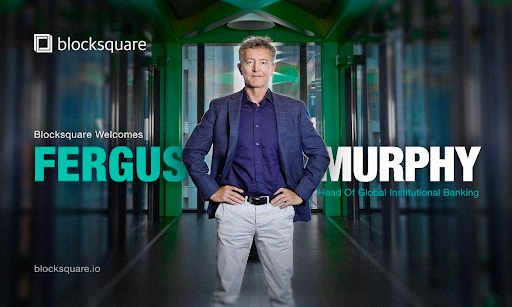The global employment landscape is undergoing a radical transformation, moving away from the traditional model of centralized offices, rigid hierarchies, and payment in fiat currency. Several forces are converging to disrupt this decades-old paradigm. The COVID-19 pandemic accelerated the rise of remote work, proving that many jobs could be done effectively outside a traditional office. Simultaneously, blockchain technology and cryptocurrencies have emerged, creating new possibilities for payments and organizational structures.
https://www.pexels.com/photo/people-working-in-front-of-the-computer-3184357/
These technological shifts, combined with a growing desire among workers for greater autonomy and flexibility, are fueling demand for alternative work arrangements and challenging long-standing expectations. This article explores the future of global employment, focusing on the rise of Employers of Record (EORs), the increasing use of cryptocurrency, and the growing trend of decentralized workforces.
The Rise of Employers of Record (EORs)
As companies increasingly embrace remote work and seek to hire talent globally, they face a complex web of international labor laws and regulations. This is where Employer of Record (EORs) come in. An EOR is a third-party organization that acts as the legal employer for a company’s employees in a specific country or region. The EOR handles all aspects of employment, including payroll, benefits, taxes, and compliance with local laws.
EORs are particularly valuable for companies looking to expand their global footprint without establishing a physical presence in every location. They allow businesses to tap into a wider talent pool, diversify their workforce, and quickly scale their operations. EORs offer a streamlined solution for managing the complexities of international employment, allowing companies to focus on their core business activities. Some EORs are even specializing in the Web3 space, catering to the unique needs of blockchain startups, DAOs, and crypto-native projects.
Cryptocurrency and the Future of Payroll
Cryptocurrency is playing an increasingly significant role in the global employment landscape. While initially associated with speculative investment, cryptocurrencies like Bitcoin and Ethereum are now being used as a means of payment for goods and services, including salaries.
The use of cryptocurrency for payroll offers several potential benefits. It can enable faster and cheaper cross-border payments, reduce transaction fees, and provide greater transparency. For employees, receiving payment in cryptocurrency can offer greater flexibility and control over their finances. Some Employer of Record services are now offering hybrid payroll solutions, allowing employees to be paid in a combination of fiat and cryptocurrencies.
However, the use of cryptocurrency for payroll also presents challenges. The volatility of cryptocurrency prices can create uncertainty for both employers and employees. Tax regulations surrounding cryptocurrency are still evolving in many jurisdictions, and compliance can be complex. Despite these challenges, the trend toward using cryptocurrency for payroll is likely to continue, particularly in industries like Web3, where decentralized and borderless payments are a natural fit.
The Decentralized Workforce: DAOs and Beyond
The concept of a decentralized workforce goes hand in hand with the rise of remote work and the use of cryptocurrency. A decentralized workforce is one that is not tied to a specific physical location and often operates with a more flexible and autonomous structure than traditional organizations.
Decentralized Autonomous Organizations (DAOs) represent a particularly innovative approach to organizing work. A DAO is an organization that operates through a set of rules encoded on a blockchain, eliminating the need for traditional management or central leadership. DAO members make decisions collectively, often through tokenized voting mechanisms.
DAOs offer a fundamentally different way of organizing work, breaking down central hierarchies and allowing for a more horizontal, community-driven approach. This model can foster greater innovation, agility, and employee engagement. Decentralized workforces, whether organized as DAOs or through other structures, are likely to become increasingly common in the future.
Benefits of Decentralization
Decentralized workforces offer a number of benefits to both employers and employees, including:
- Increased Autonomy: Employees in decentralized organizations have greater freedom and control over their work.
- Faster Decision-Making: Decentralized structures can enable quicker decision-making, as there is less need for approval from higher-ups.
- Greater Flexibility: Decentralized workforces are often more adaptable to changing circumstances.
- Improved Morale: Employees who feel valued and empowered tend to have higher morale and job satisfaction.
- Access to Global Talent: Companies can tap into a wider pool of talent without geographical restrictions.
- Innovation: Decentralized organizations are better at fostering innovation.
Embracing the Future
The future of global employment is likely to be characterized by greater decentralization, flexibility, and the increasing use of technology like blockchain and cryptocurrency. EORs will play a crucial role in facilitating this transition, helping companies navigate the complexities of international employment. While challenges remain, the potential benefits of these new models of work are significant, offering opportunities for greater innovation, efficiency, and employee empowerment. As the world of work continues to evolve, embracing these changes will be essential for companies and individuals alike to thrive in the new global landscape.


